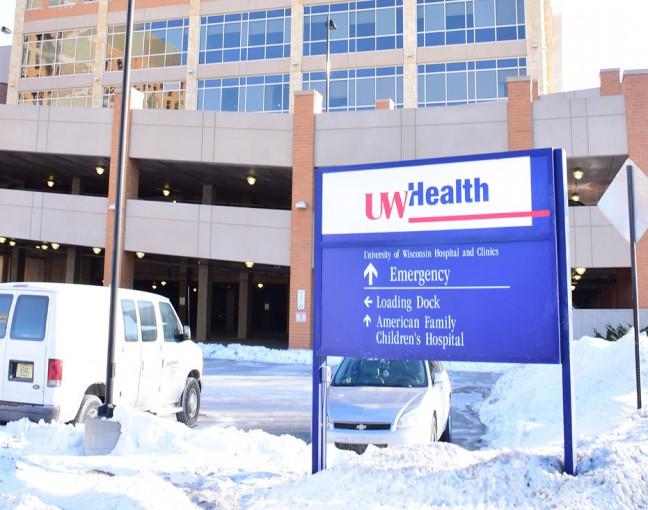Due to the large inflow of patients infected with COVID-19, the Wisconsin Nursing Board took emergency measures to add retired nurses, nursing students close to graduation and nurses licensed in other states to hospitals.
Dean of the University of Wisconsin Nursing School Linda Scott said in an email to the Herald, while these measures might help during the pandemic, they won’t solve Wisconsin’s nursing shortage — a persisting problem.
“The [Wisconsin Nursing Board] proposed recommendations will not make a significant impact on the nursing shortage in the state,” Scott said.
According to reporting from the Wisconsin State Journal, the board approved steps to increase the amount of time recently graduated nurses are able to work without passing the NCLEX-RN exam (the required exam to gain registered nurse status).
Scott said NCLEX testing centers have reduced their capacities due to the need for social distancing. This limits the number of individuals who can test at one time, and as a result it takes longer for each nurse to obtain their license.
“Extending the amount of time that new graduates can practice before licensure is a good option,” Scott said. “Having more time to practice while waiting to test is beneficial.”
The board also looked at loosening the state regulation which requires nursing students to complete at least 50% of their clinical hours in person. Scott said because UW nursing students have already completed many of their clinical hours this semester, they can finish their clinical education through simulated experiences and adhere to the current requirement that no more than 50% of clinical hours should be simulation.
Scott also said UW nursing students will meet the requirements to graduate in May without any temporary changes in the Wisconsin Board of Nursing administrative rules.
UWHCA Board will not voluntarily recognize nurse union despite community, government support
Scott told the State Journal the nursing shortage has been a historic problem. Scott said the shortage of nurses and educators to train future nurses is particularly problematic in this case.
“We are fortunate to have the number of quality nurse educators at UW-Madison and we have been able to recruit new faculty to teach in our nursing programs,” Scott said.
According to a 2018 Survey by the Wisconsin Center for Nursing, within the next two years, 3,260 nurses plan to leave direct patient care.
Scott said Wisconsin nursing programs graduate approximately 3,000 new nurses each year, which is 1,000 less than what is needed.
According to the UW School of Nursing’s Pre-Nursing Handbook, in a typical year UW-Madison’s traditional nursing program receives approximately 400 applicants for 160 spots. On average, only half of the qualified students are admitted.
Assembly fails to override Gov. Evers’ veto on CNA legislation, training hours not reduced
“UW-Madison will graduate more than 200 new nurses in six weeks between our traditional and accelerated BSN programs,” Scott said. “Nevertheless, because clinical education requires faculty/preceptor supervision and many clinical placements, capacity to admit more students is limited, and as a result, many qualified students denied admission.”














